Working with Farmers
Climate Change Focus Farms
Thirteen farms across Scotland worked with Farming for a Better Climate as volunteer climate change focus farms. The focus farms took a deeper dive into their business, looking at practical ways to identify further efficiencies and associated reductions in greenhouse gas emissions alongside a profitable business. Over a three year period, with the help of an SAC Agricultural Consultant and other industry specialists, each farm identified their current annual emissions and from this, targeted areas to focus on. Findings and ideas were shared with a farm discussion group during a number of focus farm meetings throughout the year, where visitors were invited to share their thoughts and encouraged to take practical mitigation measures to build on at home. The discussion group were also able to suggest practical changes to trial at the farm, with the host farmers agreement.
A massive thank you is due to those farmers who put themselves 'out there' as a focus farm and for those who contributed to and attended the meetings.
Here are some of the findings from the climate change focus farms. For videos and podcasts, head over to the Farming for a Better Climate YouTube site.
Dairy
Four dairy units volunteered as Farming for a Better Climate focus farms between 2010 and 2019. Common findings for dairy units were the savings to be had in terms of reduction in energy use in the parlour and investment in renewables. Although already technically efficient, revisiting soil and nutrient management in terms of best use of organic fertilisers/slurry application resulted in savings on the fertiliser bill. Age of first calving, calf management, livestock housing and purchased feed were all areas where efficiencies could be made, inputs reduced and associated financial and carbon savings could be gained.
Here are some of the practical guides and case studies from our work with the dairy Climate Change Focus Farms:

Mixed Livestock
Farming for a Better Climate worked with three mixed arable and livestock Focus Farms between 2010 and 2019. Again measures were tailored to suit the individual farm systems, but common areas of interest included GPS soil analysis on both cropping and grazing ground to allow better use of both home produced and bought in fertilisers. Testing organic manures to know their nutrient value at application was also included in this approach. Some farms looked at renewables. One of the first hydrogen electrolysers to be retrofitted to a farm vehicle to improve fuel use efficiency was tested under the project.
Here are some of the practical guides and case studies from our work with the mixed arable and livestock Focus Farms:
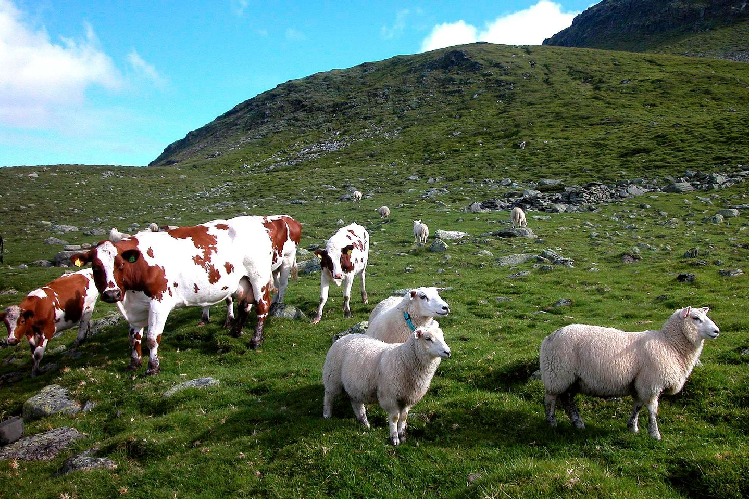
Beef & Sheep
We worked with four beef and sheep units between 2010 and 2019. Although not all measures suit all farms, all four farms revisited soil management, from assessing and alleviating compaction, to incorporation of clover and oversowing rather than fully reseeding grazed land. Some looked at livestock management, revisiting basics such as condition scoring and grouping of cows to improve feed efficiency, or looking at livestock fertility and age of first calving within the herd.
Here are some of the practical guides and case studies from our work with the beef and sheep Focus Farms:

Arable
Farming for a Better Climate worked with two arable units between 2010 and 2019. A range of practices were explored, from GPS soil sampling, sourcing organic manures and variable rate P&K application, to a change in tillage practices, moving towards more a more minimum tillage approach. The use of renewables and energy management around potato storage and grain drying were also explored.
Here are some of the practical guides and case studies from our work with the arable Focus Farms:
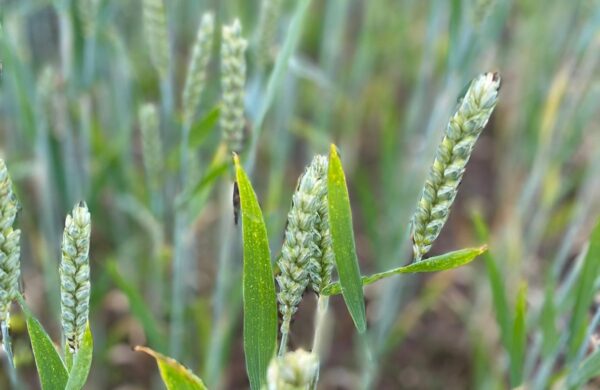
Soil Regenerative Agriculture Group
In 2019, Farming for a Better Climate looked at Regenerative Agriculture, specifically how we could integrate the five principles of regenerative agriculture into profitable business in Scotland. We worked with a group of five farmers in the Aberdeenshire/Angus area of Scotland swapping ideas and carrying out small scale trials to see how these regenerative techniques would fit into their farming systems. The group explored a wide range of topics, for example terminating cover crops, crop establishment following potatoes, grazing cover crops and establishing winter beans with and without companion crops. Findings from the group have gone on to inform a FAS Regen Ag group who continue to build on their work.
Here are some of the findings from the Soil Regen Ag group:
Douglas Ruxton, Moss-side of Esslie
James Hopkinson, Cloud Farming
Soil Regenerative Agriculture Group
Soil Regenerative Agriculture Group - Revisiting Backboath
Soil Regenerative Agriculture Techniques - Making Them Work for You
Soil Regenerative Agriculture Group - Mossside of Esslie
Soil Regenerative Agriculture Group - Leitfie
Soil Regenerative Agriculture Group - Backboath
Sowing Oil Seed Rape at Backboath
Castlemains - Tyred of Compaction
Soil Regenerative Agriculture Group - Growing Winter Beans at Backboath
Soil Regenerative Agriculture Group - Stripper Header Trial
Using a Green Manure to Feed the Soil at Backboath
Final Day of Sowing Claydon Strip Drill Mosside of Esslie
Spring Sowing at Leitfie Farms
Soil Regenerative Agriculture Group - Ross Mitchell Castleton Farm
Soil Regenerative Agriculture Group - Douglas Ruxton Moss-Side of Esslie
Soil Regenerative Agriculture Group - Ben Barron Leitfie Farm
Soil Regenerative Agriculture Group - Hugh Black Backboath
Soil Regenerative Agriculture Group - James Hopkinson Cloud Farming
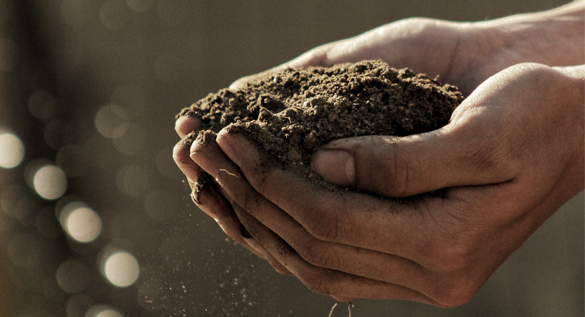
On-Farm Trials
As part of Farming for a Better Climate, we were able to work directly with three farm enterprises to carry out some small scale trials on a working farm. We looked at
- Improving weight data capture and how we use the data to drive suckler herd efficiency at Balygay and Glenkilrie
- Getting the best out of slurry at Woodhead Farm
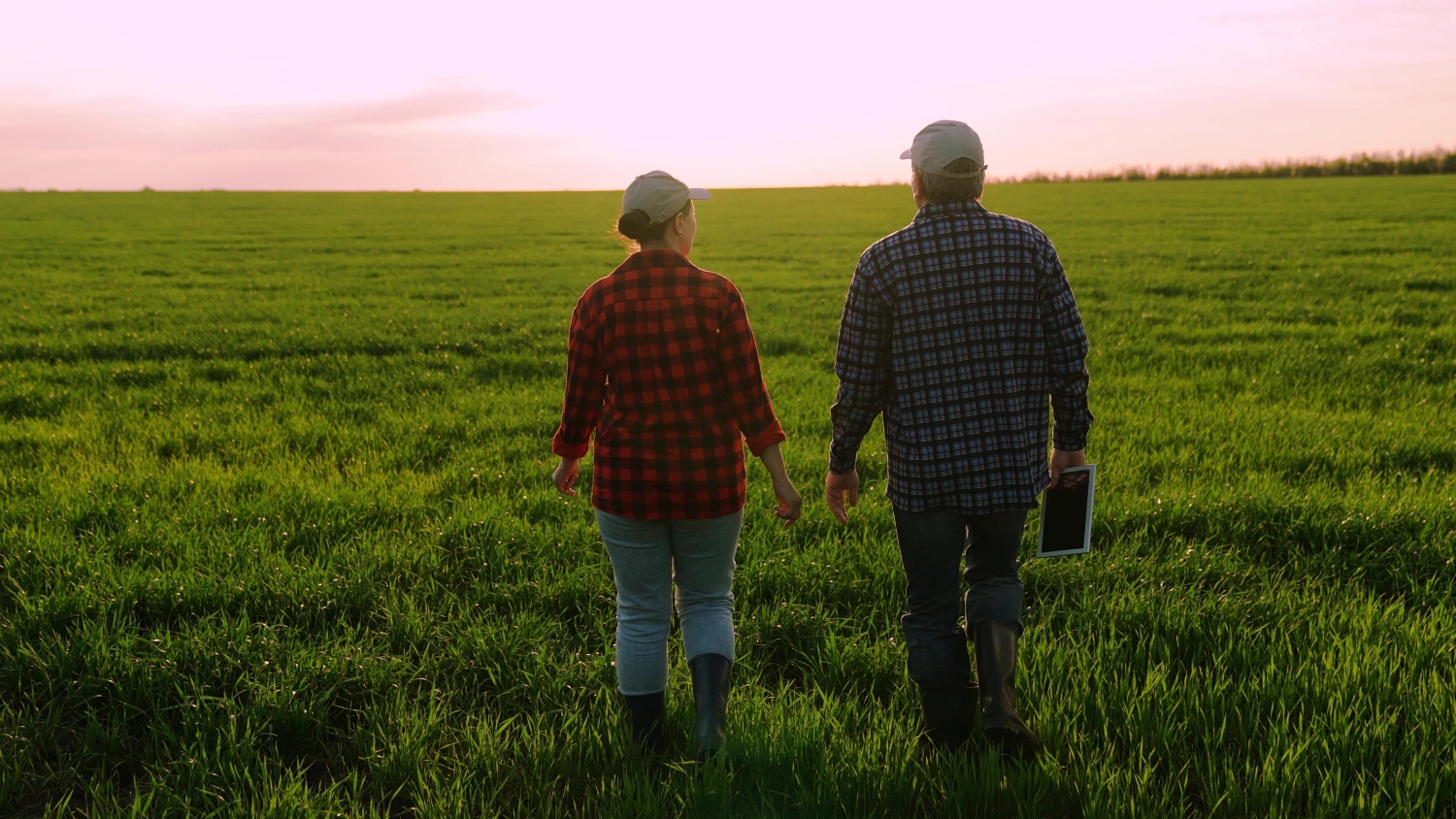
26 Days, 26 Ways
As part of the United Nations Climate Change Conference COP26 coming to Glasgow in 2021, Farming for a Better Climate released a series of videos, 26 days before the start of the conference. We wanted to illustrate some of the climate change measures farmers across Scotland were already embracing. The short video clips, released on social media, featured farmers across Scotland and highlighted just one of the ways they were rising to the challenge of climate change.
View all our 26 days 26 ways videos here:
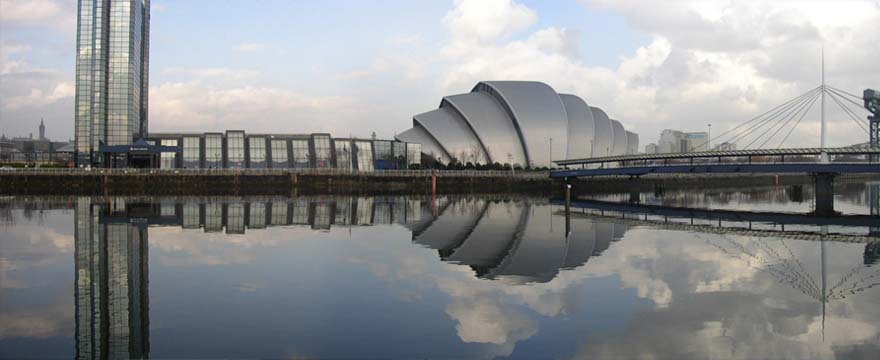
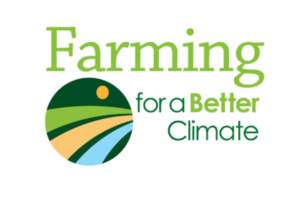
Sign up to the FAS newsletter
Receive updates on news, events and publications from Scotland’s Farm Advisory Service
